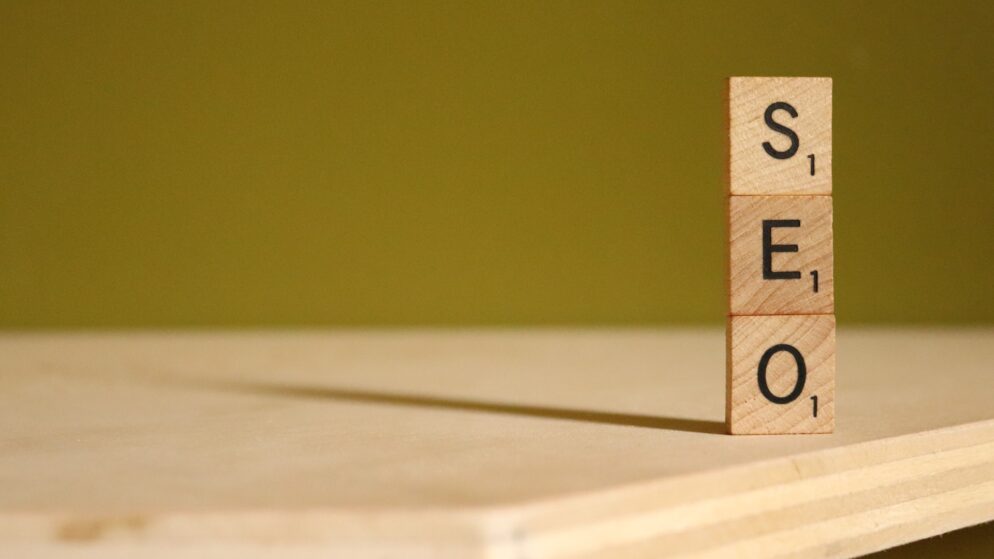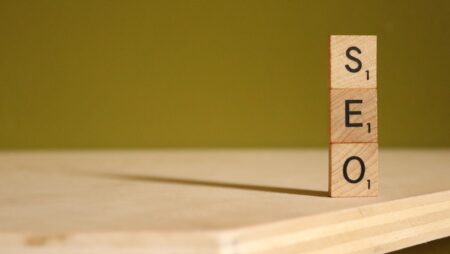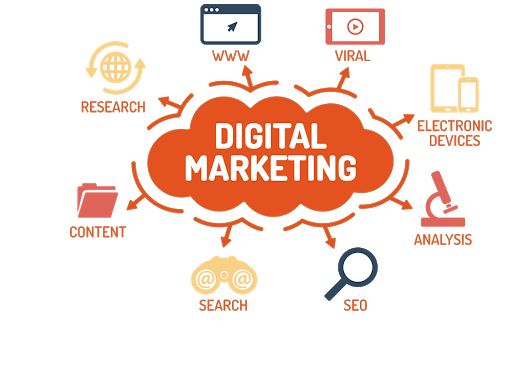
 Digital Agency
Digital Agency If you wish your website to reach the top of the SERPs, you must keep up with the latest SEO developments. Without understanding how search engines function, increasing site traffic and brand recognition will be impossible. And, since over half of the clicks go to the top three results, and Google processes over 63,000 search queries every second, you need to bring your SEO A-game. That said, you know the basics, but you may be surprised to learn that many seemingly minor technical details can majorly impact your page’s search engine rankings. For this reason, we have decided to talk about the 6 factors that can hurt your SEO ranking.
1. Poor Content Optimization
The main thing that is going to bring visitors to your website is going to be the content that you create. This is why you need to ensure your content is the best it can be. The availability of high-quality content is crucial for on-page SEO ranking and digital marketing in general. This is because it has a major bearing on user engagement. Additionally, providing content that resonates with your target demographic is essential because of its indirect impact on your website’s performance and ranking. To determine how relevant search results are, Google uses a variety of ranking variables. These include keyword density, phrase use, and other SEO-friendly factors. The more exciting and unique your content is, the more likely it is that your readers will be to interact with it and spread the word.
However, while keywords are a very powerful tool for SEO, there are some things you should avoid when optimizing your content, which are the harsh truths about SEO. For example, while including a large number of relevant keywords in your content is desirable, keyword stuffing is not. Keyword stuffing is the practice of repeating the same keyword without regard for how it fits into the content itself. You must ensure that all of the keywords you use are appropriately and naturally integrated into your content. At the end of the day, the most crucial factor is the information in your content, and keywords are supposed to help you get that content out to as many people as possible.
2. Broken Links
Besides content, one of the most critical aspects of your website will be your link-building efforts. When we say link-building, we are not just talking about internal linking but also about Backlinking. Backlinks are links that come from reputable websites and pages that lead people to your website. Creating relevant content that other sites will want to connect to isn’t simple. But it’s essential for search engine optimization. That said, one of the worst things that can happen to your backlinks is that they break. A link can become broken for a variety of reasons. But no matter what the reason is, it can have a devastating effect on your SEO efforts. Broken links, like rotten teeth, can contaminate your website if not removed or repaired.
3. Poorly Structured URLs
We must discuss URLs when discussing factors that can hurt your SEO ranking. A well-structured website with clean and descriptive URLs is crucial for user experience and search engine optimization (SEO). A poorly structured website can make it difficult for search engines to crawl and index your site, negatively impacting your rankings and overall visibility. Clean and descriptive URLs are essential for several reasons. Firstly, they enhance the user experience by making it easier for users to understand the content of a page at a glance. This increases user trust and a higher likelihood of users clicking on your links. Secondly, descriptive URLs give search engines better context about your content, helping them understand your site’s structure and improving your chances of ranking higher. Lastly, precise and descriptive URLs are more appealing when shared on social media, increasing the chances of users engaging with your content.
4. Duplicate Pages
Duplicate pages and content create issues when search engines index them. When you have this issue on your website, the search relevance is split across the duplicate pages. This is going to cause search rankings to decrease. Using canonical tags to redirect duplicate sites works wonderfully. Most content management systems, such as WordPress, now have plug-ins and simple tools for identifying, modifying and removing duplicate material. That said, the best thing you can do is to avoid creating duplicate content altogether. Ensure that every page on your website is unique and all your content is original.
5. Slow Load Times
Ensuring that your website loads quickly is one of the most important things you must ensure. The time to the first byte is one of the most critical signals utilized by Google to rank websites. This is the time a visitor’s browser takes to get your server’s first byte of information. Page speed is vital not just for ranking but also for user experience. Longer load times are associated with increased bounce rates, reduced average time on page, and a negative effect on conversions. All of this can hurt the growth of your business. Poor page speed also implies that search engines can’t crawl as many pages as they might with their crawl budget. As a result, your site index may be incomplete.
6. A Lack of Image Optimization
And poor image optimization is the last of the 6 factors that can hurt your SEO ranking. There are a few ways in which poorly optimized images can damage a website’s search engine rankings. Images that aren’t optimized take longer to load, are frustrating for users and can drive them away from your site. Websites that take too long to load can suffer in the search engine rankings because Google and others place a premium on speed. Having insufficient or no alt text or file names for your images can also hinder search engines from correctly understanding and indexing your images, lowering your website’s visibility in image search results.







